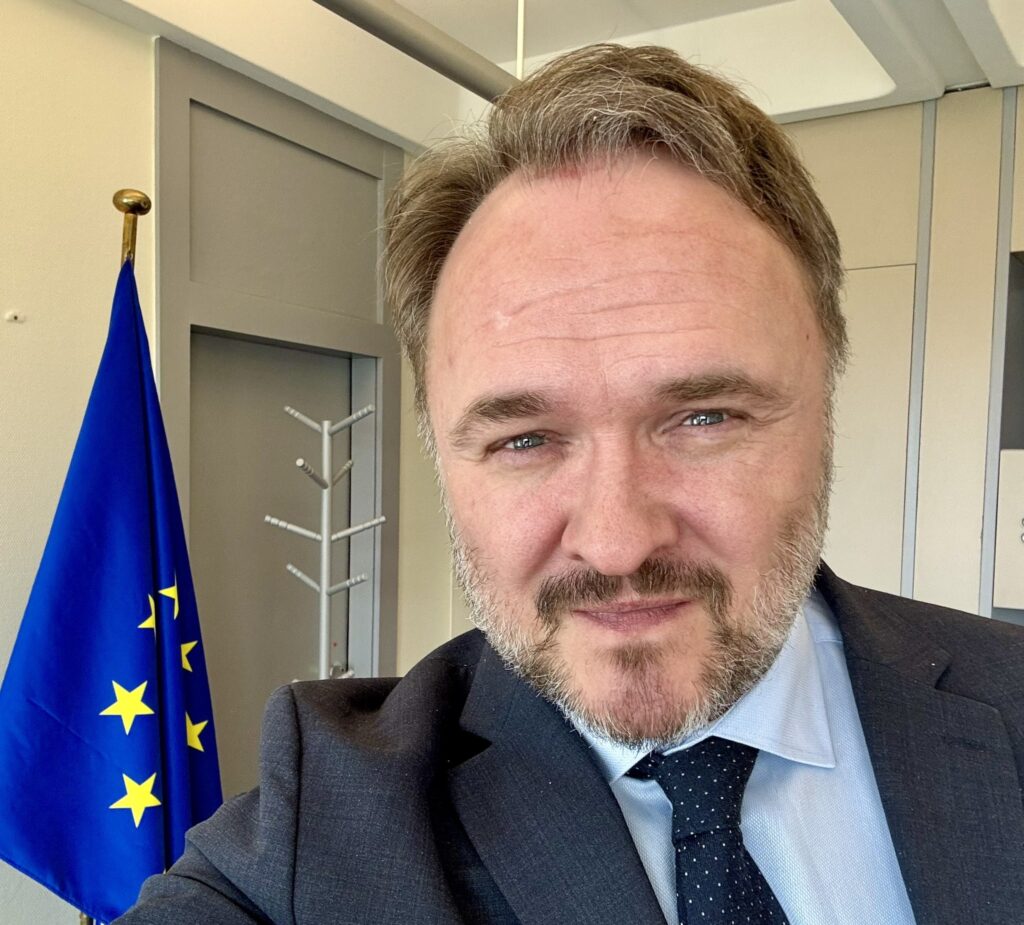EU Energy Commissioner Dan Jørgensen confirmed that the European Union will not resume imports of Russian natural gas—even if a peace agreement is reached in Ukraine.
Russia supplied about 45% of EU gas in 2021, a figure expected to fall to 13% by 2025. Despite progress, the EU imported record volumes of Russian LNG in 2024.
“This is a ban that we introduce because Russia has weaponised energy against us, because Russia has blackmailed member states in the EU, and therefore they are not a trading partner that can be trusted,” Jørgensen said.
“That also means that, irrespectively of whether there is a peace or not—which we all hope there will be, of course—this ban will still stand.”

EU plans full phase-out of Russian fossil fuels by 2028
The gas ban is part of a broader EU strategy to end reliance on Russian fossil fuels by 2028. The proposed legislation would prohibit EU companies from importing Russian pipeline gas or providing services to Russian clients at liquefied natural gas (LNG) terminals. Importers must also declare the source of their fuel to prevent Russian gas from being disguised as coming from another country.
Any new contracts signed after the plan is adopted must end by 1 January 2026. Existing contracts must be terminated by 1 January 2028.
Austria walks back vomments on Russian gas
Austria’s junior energy minister, Elisabeth Zehetner, caused a stir earlier this week by suggesting the EU should remain open to reconsidering Russian gas imports in the event of a peace deal. However, her office later clarified Austria’s position, stating that the country “strongly condemns” Russia’s invasion of Ukraine and supports the proposed gas ban.
“The allegation that Austria wants to import Russian gas again after the war, let alone now, is simply false,” the statement read.
Austrian Green MEP Lena Schilling called the initial suggestion “shortsighted and morally irresponsible,” asking, “Have we learned nothing from bombed hospitals, abducted children and a war of aggression in the heart of Europe?”
Austria previously relied heavily on Russian gas, but supplies were halted in 2023 due to a contractual dispute. Deliveries via Ukraine ended the same year.
Hungary and Slovakia maintain opposition
Hungary and Slovakia continue to oppose the EU’s fossil fuel phase-out. Hungarian Foreign Minister Péter Szíjjártó claimed Hungarian consumers could face utility bills four times higher. He also posted a dramatic video on social media to criticize the plan. EU officials have rejected those claims, saying there’s no evidence prices would spike.
The current gas legislation does not affect an existing exemption from the EU’s oil embargo. Hungary and Slovakia were granted a carve-out in 2023 allowing continued imports via the Soviet-era Druzhba pipeline—a provision that falls under a separate legal framework.
Russian oil also in the crosshairs
The EU is also targeting Russian oil, aiming to end imports entirely by 2028. Russian oil made up 27% of EU imports in 2021 but has already dropped to around 3%. The oil ban, like the gas proposal, is part of the EU’s broader strategy to cut energy ties with Moscow and boost long-term energy security.




